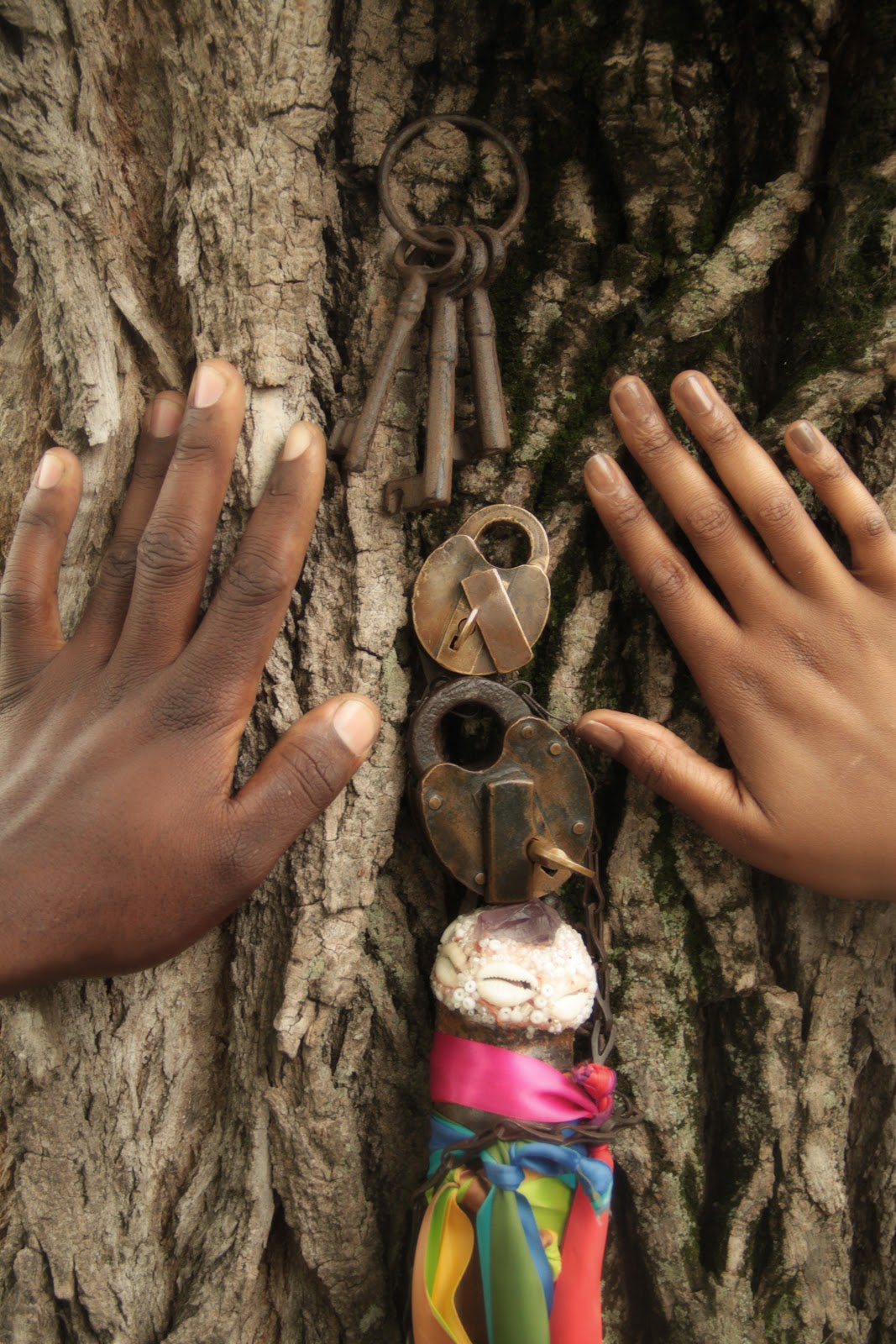In “Chapter 6: Capital City of Slavery 1780 – 1861”, Campbell continues to describe the atrocious treatment of the enslaved in the growing culture of slavery in Richmond. After I have finished reading this chapter, one of the sections that intigued me the most is the recount written by Charles Dickens during his visit in Richmond in 1842. Before this, I was not aware that besides from being a famous writer, Dickens was also actively expressing his disapproval of the inhumane treatment of the enslaved. I have never studied his works before or even done a research about this person, therefore, this came as a surprise to me. The entire section that I have chosen to discuss is about his personal recount of his visit in Richmond city.
My first impression while reading this section was how empathetic of Dickens to describe the misery experienced by a recently purchased enslaved mother and her children in ‘the negro car’ that he was on board. I do think that it is inevitable to not sympathize when one is surrounded by a horrible surrounding that involves other beings. Dickens did a great job in painting a picture of the whole situation as he was being very detailed in his recounts. By adding his feelings of disgust toward a slave owner and the condition of the enslaved, I could vividly visualize the train that he was onboard on. I could also sense sarcasm and detestation toward the slave owner in his voice when he says “The champion of Life, Liberty, and the Pursuit of Happiness, who had bought them, rode in the train…’. He moved me by his writing, from a point a view of a colonizer, that he actually realized how people like him (of European descend and white) brutally treated and enslaved other human beings.
Now, having done a tad of readings on who Dickens was, I found out that in one of his letters in 1868, regarding the uneducated African American population and voting; it was written “the melancholy absurdity of giving these people votes, which at any rate at present, would glare out of every roll of their eyes, chuckle in their mouths, and bump in their heads”. I was taken aback at how contrasting this message is compared to the recount that I read from “Richmond Unhealed History”. Hence, I decided to re-read the section in the book again. While reading this section I wondered how could Dickens be both sympathetic to the enslaved and at the same time perceived them as people who were not worthy of voting or human rights? This suggests that regardless how much he tried to sympathize with the suffering endured by the enslaved, there would always be a gap on how he placed himself above other races. I can only assume that this is the mentality of someone who reigned from an imperialist background.
This reading only adds in to how hopeless things were for the enslaved in Richmond. Regardless of how much hope I had gained reading about white people trying to empathize and ‘rescue’ the enslaved, most of the attempts or intentions were dampened or even if they succeeded, it was a painfully long journey for both the parties.
